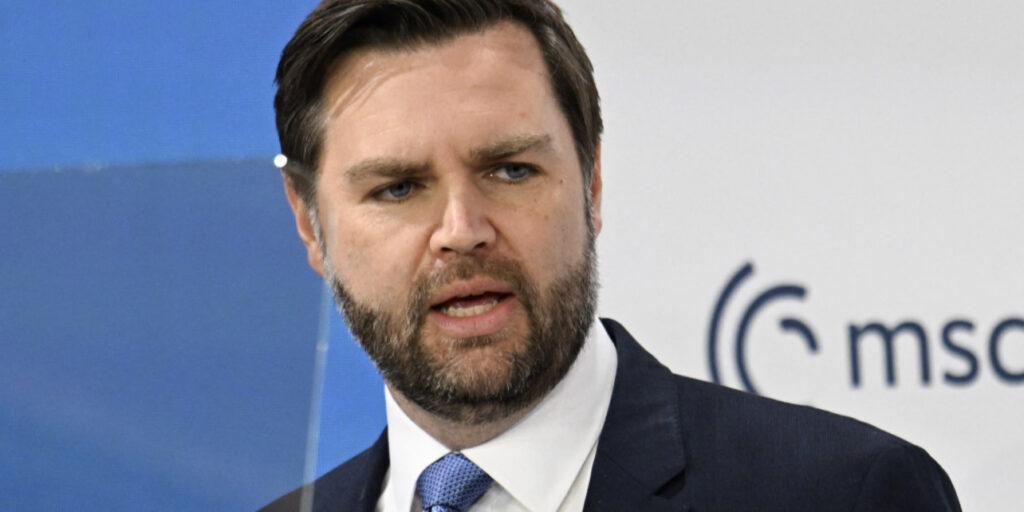The US State Department has issued an unusual admonition concerning British domestic matters, expressing “concerns about freedom of expression in the UK”.
The department, which oversees American foreign policy, shared its apprehensions via a post on X, formerly known as Twitter.
It highlighted the legal challenges faced by anti-abortion advocate Livia Tossici-Bolt, who has been criminally charged for engaging with individuals seeking abortions within a designated “buffer zone” outside a clinic.
The post from the department’s dedicated account for democracy, human rights, and labour (DRL) stated: “We are monitoring her case. It is vital that the UK respects and protects freedom of expression.”
Further elaborating on bilateral relations, the department remarked, “US-UK relations are built on a mutual respect for human rights and fundamental freedoms. However, as Vice President Vance has noted, concerns about freedom of expression persist in the United Kingdom.”
Previously, this State Department branch has also criticized actions by Scottish police regarding similar incidents near abortion clinics within restricted zones. Noteworthy is that the department has similarly censured other nations like Bangladesh, Iran, and Russia for related issues.
This public statement follows a visit by the department’s senior DRL advisor to the UK in March, during which they met with Ms. Tossici-Bolt, the leader of the anti-abortion group 40 Days for Life Bournemouth.
Ms. Tossici-Bolt faced trial at Poole Magistrates’ Court in February, accused of violating the Public Spaces Protection Order on two occasions in March 2023. A judgement in her case is expected on Friday.
Prosecutors have targeted Ms. Tossici-Bolt for displaying a sign near a Bournemouth abortion clinic that read: “Here to talk if you want to.” Buffer zones, which extend 150 metres from clinics, are designed to shield women from harassment by protesters.
These zones criminalise any behaviour that might intentionally influence someone’s decision regarding abortion services or cause harassment, alarm or distress to clients or staff of the clinics.
Responding to the US intervention, Ms. Tossici-Bolt, a retired medical scientist from Bournemouth, Dorset, expressed gratitude, noting, “I am grateful for the US State Department’s recognition of my situation.
As a nation that prides itself on freedom, it’s distressing that I find myself prosecuted merely for offering a consensual conversation. Thanks also go to ADF International for their support in my legal battle.”
She lamented the state of censorship in Britain, stating, “It’s tragic that the US feels compelled to remind us of our fundamental rights and civil liberties. The active involvement of the US in promoting freedom of speech is appreciated.”
“It’s deeply disappointing that the UK is now viewed internationally as lacking in regard to free speech. My case, involving a simple invitation to converse, is a stark example of the prevalent extreme censorship in Britain today. It’s crucial that the government genuinely upholds the freedom of expression it professes to defend.”


